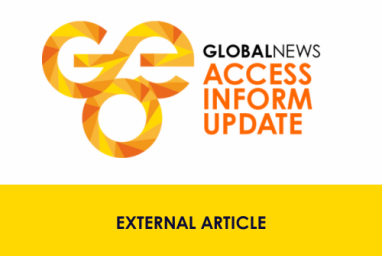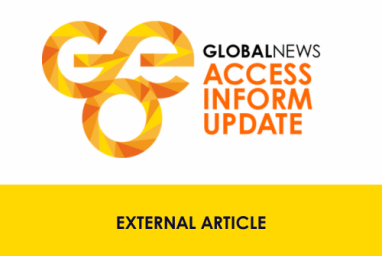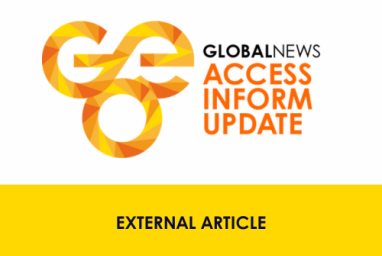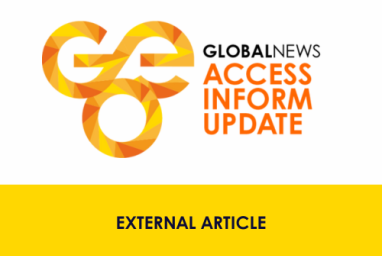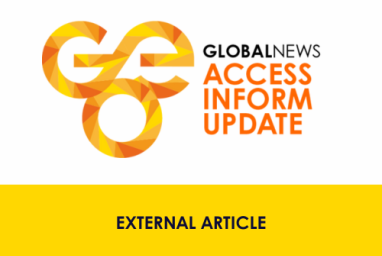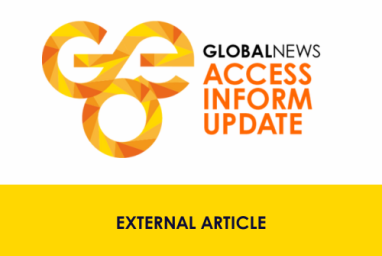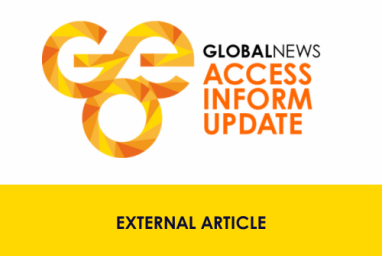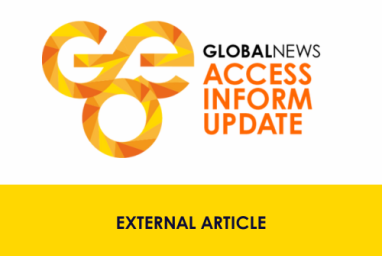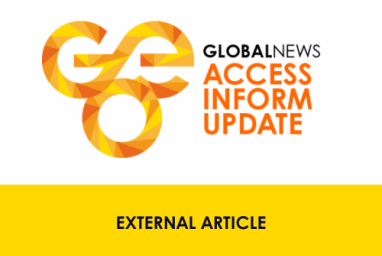




FILTER INSIGHTS
Seitennummerierung
GO FURTHER WITH GEO

GEO VIRTUAL 2023 - ON DEMAND
Access 20+ live, 30 'Best of Edinburgh sessions and an inspiring keynote on-demand.
Available until 15 September
GEO INSIGHTS
Explore our new content hub for all the latest global share plan information
Access relevant events, articles, webcasts, chapter events and more at the click of a mouse.
FIND YOUR CHAPTER
Join a local GEO community near you for local updates and networking
Bookmark your chapter page to keep in touch with news and events in your area.

